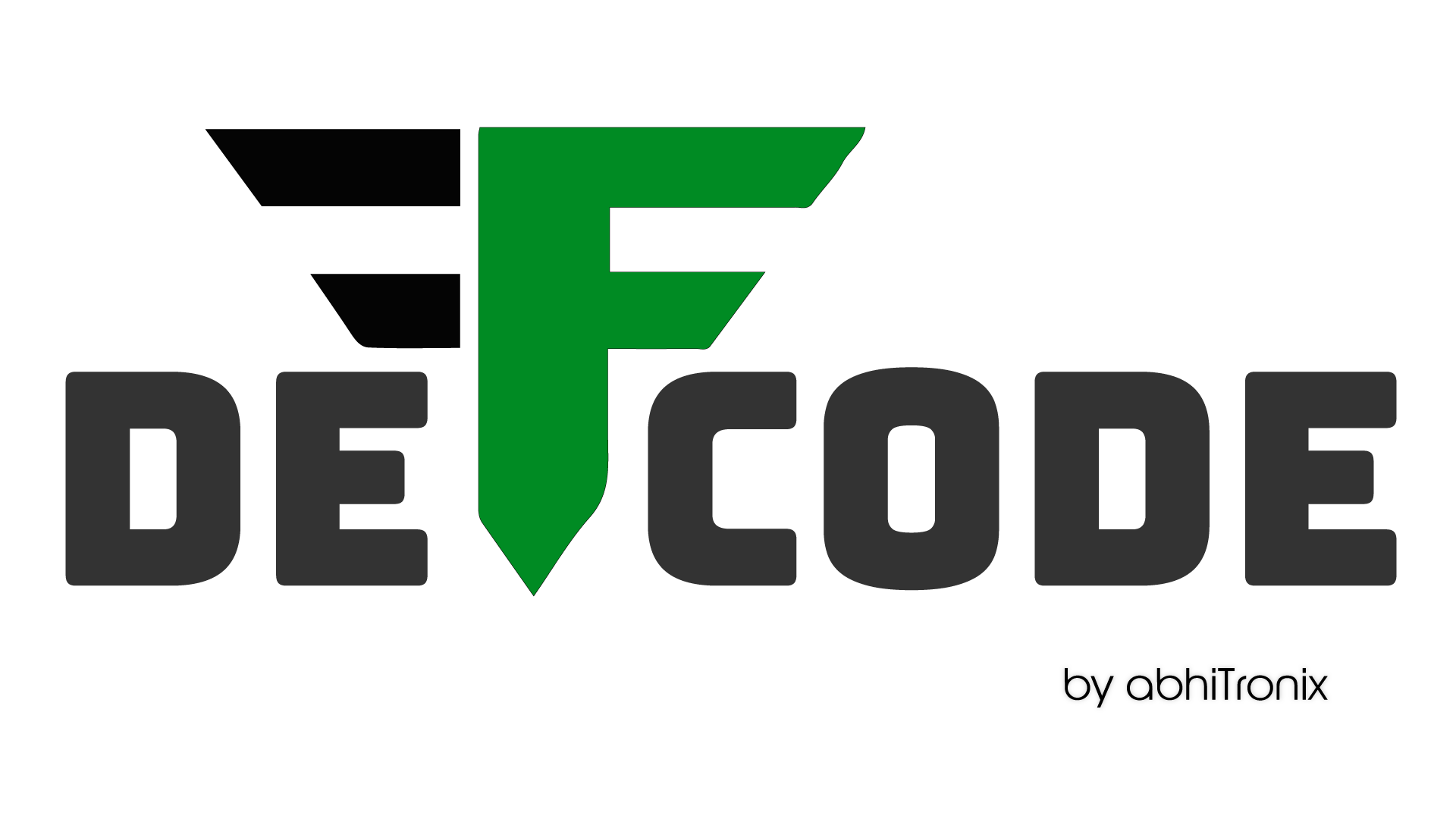Introduction¶


lightning fast video frames with robust error-handling
in just a few lines of python code
Highly Adaptive - DeFFcode APIs implements a standalone highly-extensible wrapper around FFmpeg multimedia framework. These APIs supports a wide-ranging media streams as input source such as live USB/Virtual/IP camera feeds, regular multimedia files, screen recordings, image sequences, network protocols (such as HTTP(s), RTP/RSTP, etc.), so on and so forth.
Highly Flexible - DeFFcode APIs gains an edge over other Wrappers by providing complete control over the underline pipeline including access to almost any FFmpeg specification thinkable such as specifying framerate, resolution, hardware decoder(s), filtergraph(s), and pixel-format(s) that are readily supported by all well known Computer Vision libraries.
Highly Convenient - FFmpeg has a steep learning curve especially for users unfamiliar with a command line interface. DeFFcode helps users by providing similar to OpenCV, Index based Camera Device Capturing and the same OpenCV-Python (Python API for OpenCV) coding syntax for its APIs, thereby making it even easier to learn, create, and develop FFmpeg based apps in Python.
Key features of DeFFcode¶
Here are some key features that stand out:
- High-performance, low-overhead video frames decoding with robust error-handling.
- Flexible API with access to almost any FFmpeg specification thinkable.
- Supports a wide-range of media streams/devices/protocols as input source.
- Curated list of well-documented recipes ranging from Basic to Advanced skill levels.
- Hands down the easiest Index based Camera Device Capturing, similar to OpenCV.
- Memory efficient Live Simple & Complex Filtergraphs. (Yes, You read it correctly "Live"!)
- Lightning fast dedicated GPU-Accelerated Video Decoding & Transcoding.
- Enables precise FFmpeg Frame Seeking with pinpoint accuracy.
- Effortless Metadata Extraction from all streams available in the source.
- Maintains the standard easy to learn OpenCV-Python coding syntax.
- Out-of-the-box support for all prominent Computer Vision libraries.
- Cross-platform, runs on Python 3.7+, and easy to install.
Still missing a key feature in DeFFcode?
Please review DeFFcode's Roadmap. If you still can't find the desired feature there, then you can request one simply by Commenting or Upvoting an existing comment
on that issue.
Getting Started¶
In case you're run into any problems, consult our Help section.
Installation Notes¶
If this is your first time using DeFFcode, head straight to the Installation Notes to install DeFFcode on your machine.
Recipes a.k.a Examples¶
Once you have DeFFcode installed, checkout our Well-Documented Recipes for usage examples:
How to Begin?
If you’re just starting, check out the Beginner Basic Recipes and as your confidence grows, move up to Advanced Recipes
.
- Basic Recipes
: Recipes for beginners of any skill level to get started.
- Advanced Recipes
: Recipes to take your skills to the next level.
API in a nutshell¶
As a user, you just have to remember only two DeFFcode APIs, namely:
See API Reference for more in-depth information.
A. FFdecoder API¶
The primary function of FFdecoder API is to decode 24-bit RGB video frames from the given source:
# import the necessary packages
from deffcode import FFdecoder
# formulate the decoder with suitable source
decoder = FFdecoder("https://abhitronix.github.io/html/Big_Buck_Bunny_1080_10s_1MB.mp4").formulate()
# grab RGB24(default) 3D frames from decoder
for frame in decoder.generateFrame():
# lets print its shape
print(frame.shape) # (1080, 1920, 3)
# terminate the decoder
decoder.terminate()
B. Sourcer API¶
The primary function of Sourcer API is to gather information from all multimedia streams available in the given source:
# import the necessary packages
from deffcode import Sourcer
# initialize and formulate the decoder using suitable source
sourcer = Sourcer("https://abhitronix.github.io/html/Big_Buck_Bunny_1080_10s_1MB.mp4").probe_stream()
# print metadata as `json.dump`
print(sourcer.retrieve_metadata(pretty_json=True))
The resultant Terminal Output will look something as following on Windows machine:
{
"ffmpeg_binary_path": "C:\\Users\\foo\\AppData\\Local\\Temp\\ffmpeg-static-win64-gpl/bin/ffmpeg.exe",
"source": "https://abhitronix.github.io/html/Big_Buck_Bunny_1080_10s_1MB.mp4",
"source_extension": ".mp4",
"source_video_resolution": [
1920,
1080
],
"source_video_framerate": 60.0,
"source_video_pixfmt": "yuv420p",
"source_video_decoder": "h264",
"source_duration_sec": 10.0,
"approx_video_nframes": 600,
"source_video_bitrate": "832k",
"source_audio_bitrate": "",
"source_audio_samplerate": "",
"source_has_video": true,
"source_has_audio": false,
"source_has_image_sequence": false
}
Contribution Guidelines¶
Contributions are welcome, and greatly appreciated!
Please read our Contribution Guidelines for more details.
Community Channel¶
If you've come up with some new idea, or looking for the fastest way troubleshoot your problems. Please checkout our Gitter community channel ➶
Become a Stargazer¶
You can be a Stargazer by starring us on Github, it helps us a lot and you're making it easier for others to find & trust this library. Thanks!
Donations¶
DeFFcode is free and open source and will always remain so.
It is something I am doing with my own free time. But so much more needs to be done, and I need your help to do this. For just the price of a cup of coffee, you can make a difference
Citation¶
Here is a Bibtex entry you can use to cite this project in a publication:
@software{deffcode,
author = {Abhishek Singh Thakur},
title = {abhiTronix/deffcode: v0.2.4},
month = oct,
year = 2022,
publisher = {Zenodo},
version = {v0.2.4},
doi = {10.5281/zenodo.7155399},
url = {https://doi.org/10.5281/zenodo.7155399}
}